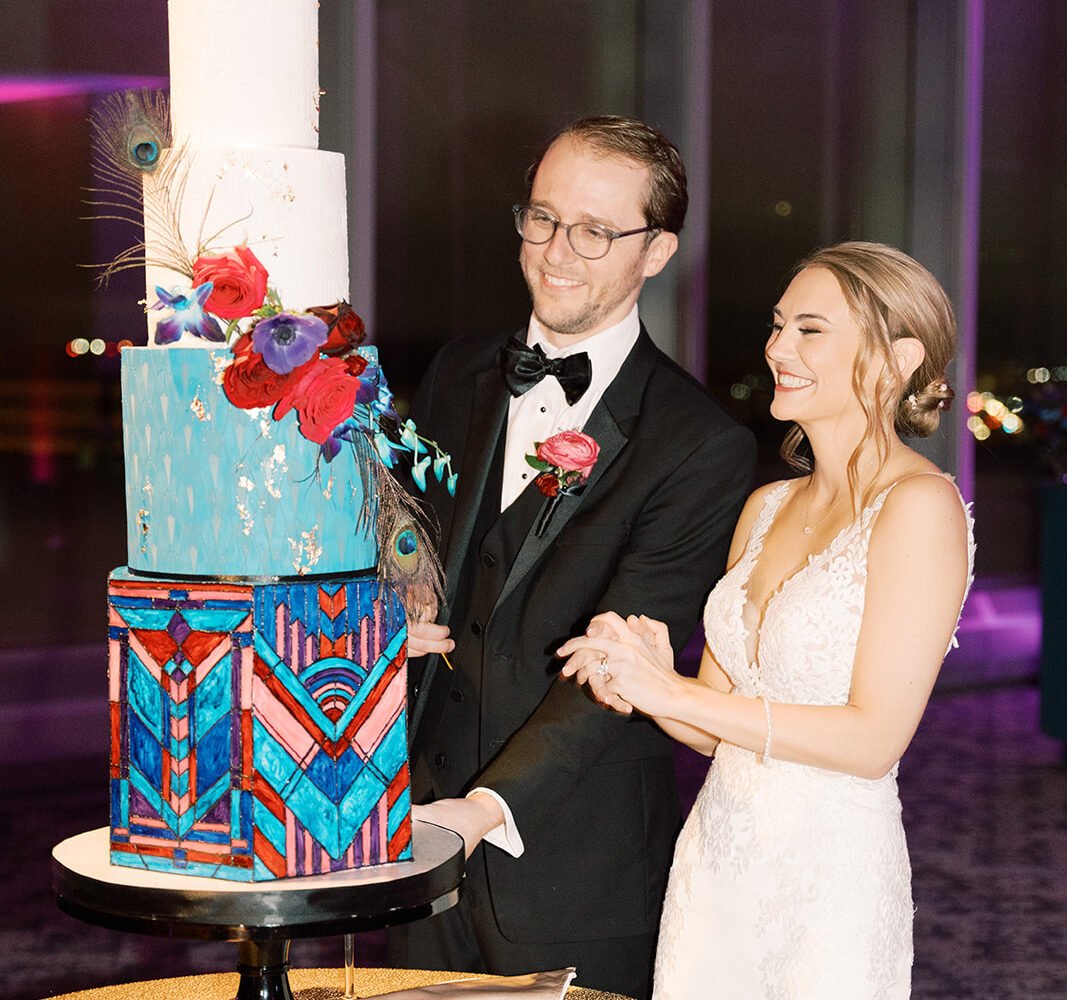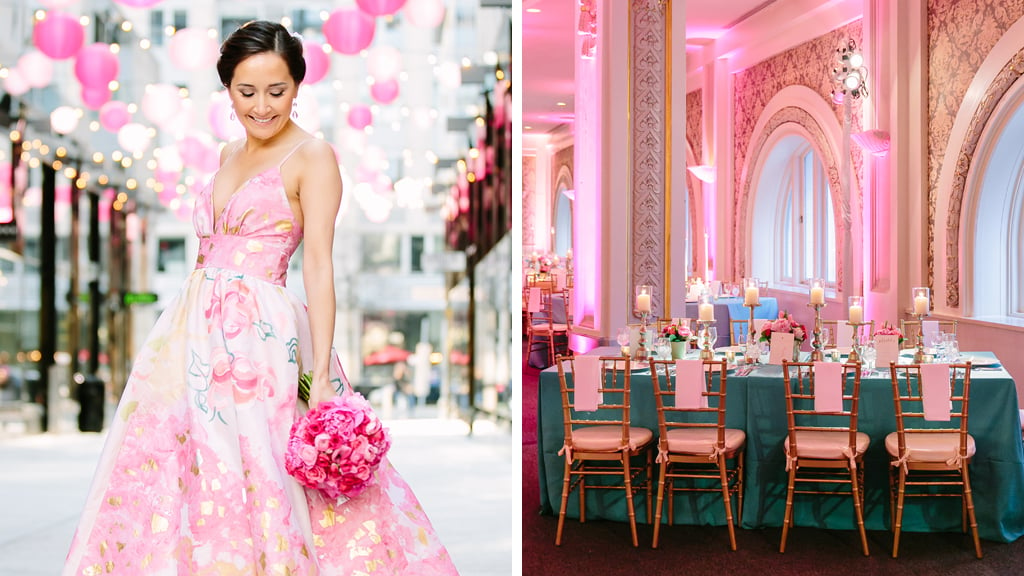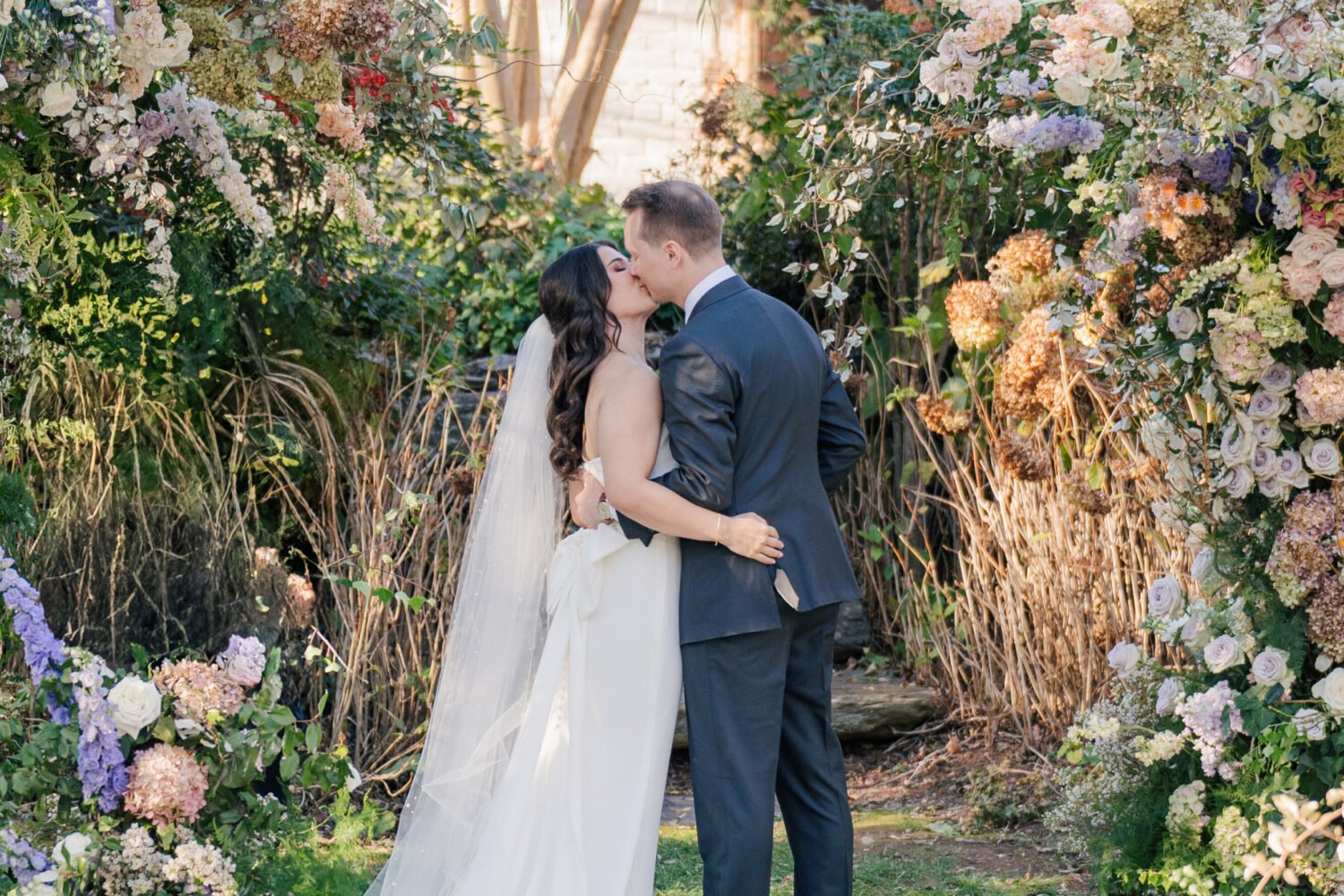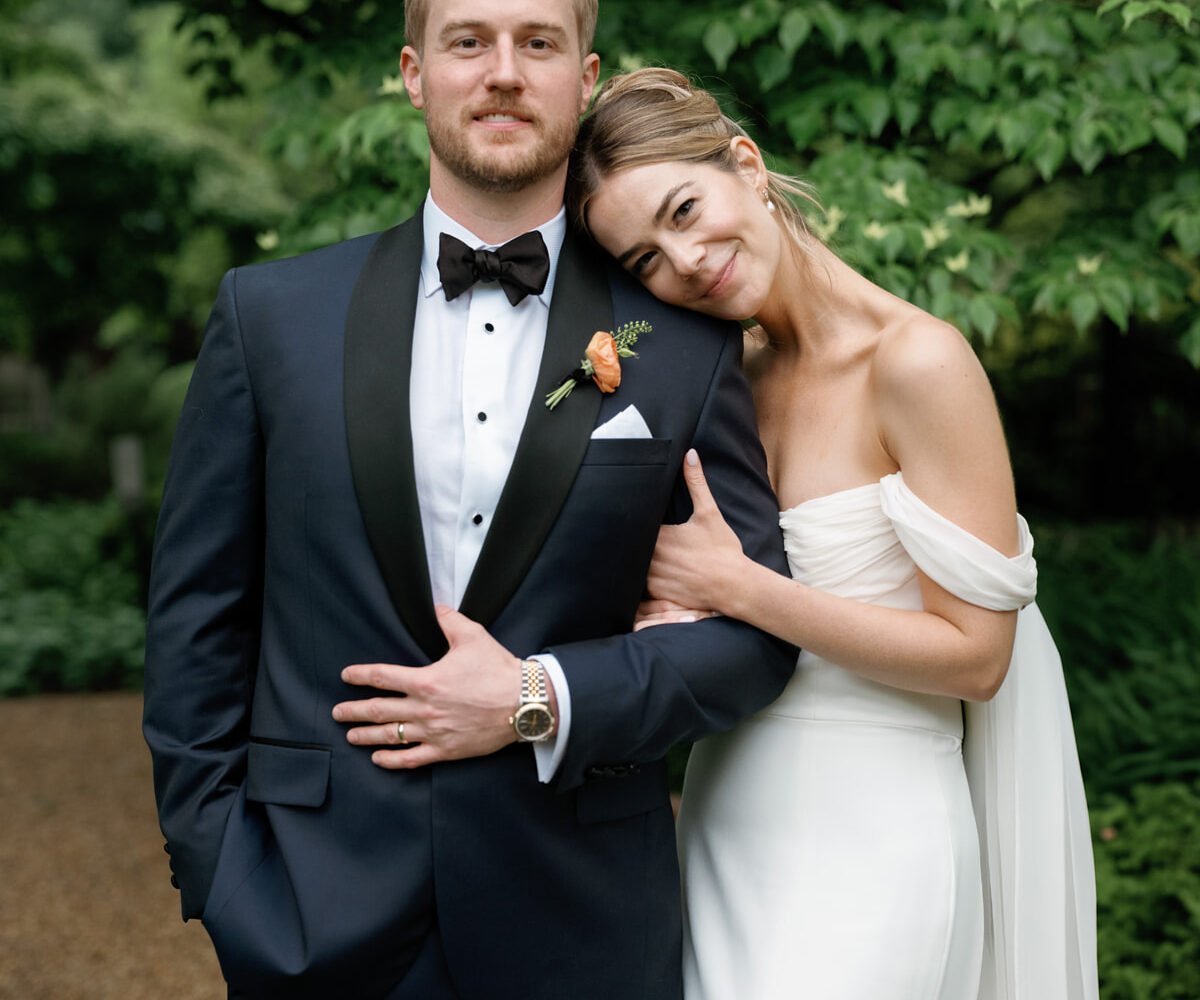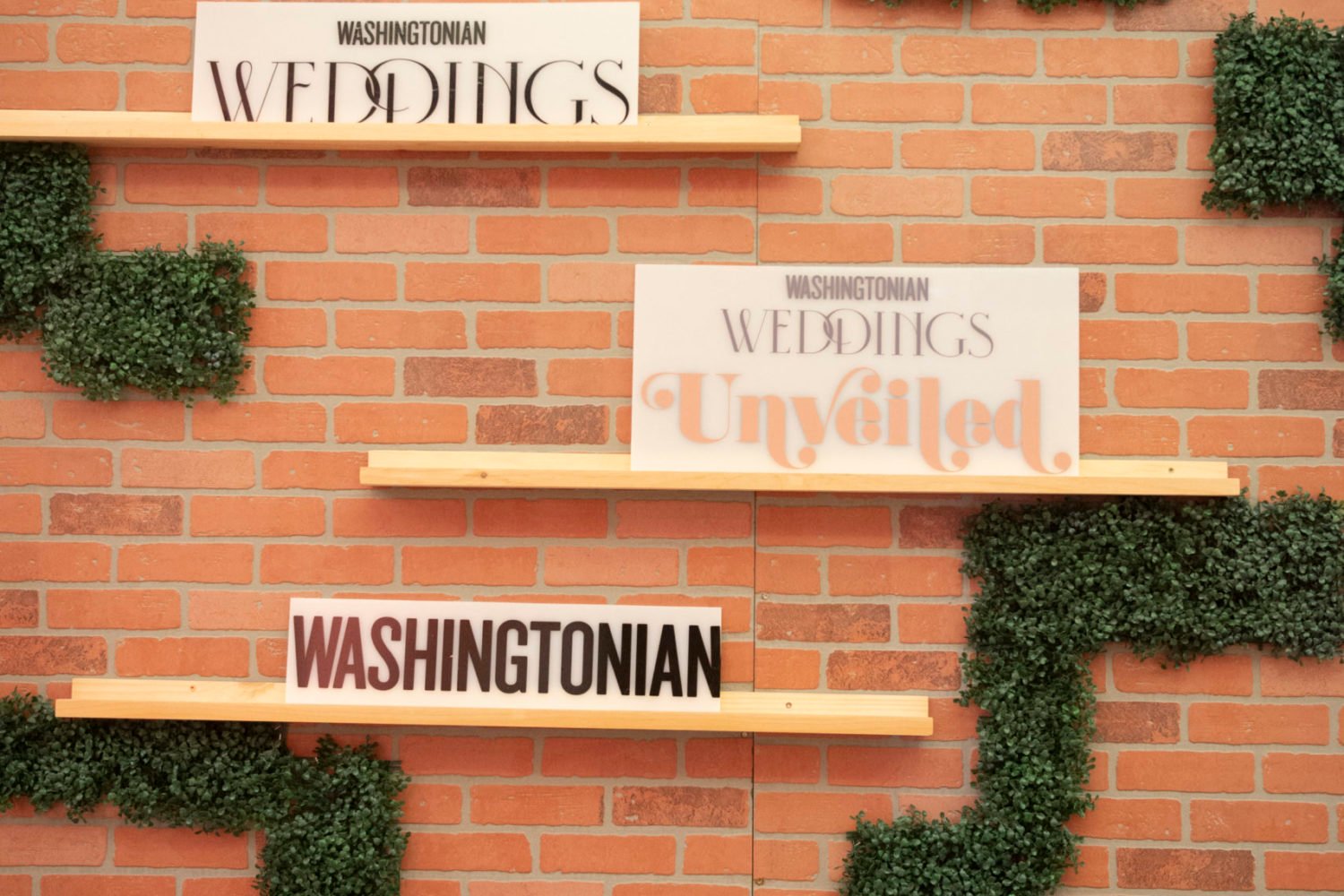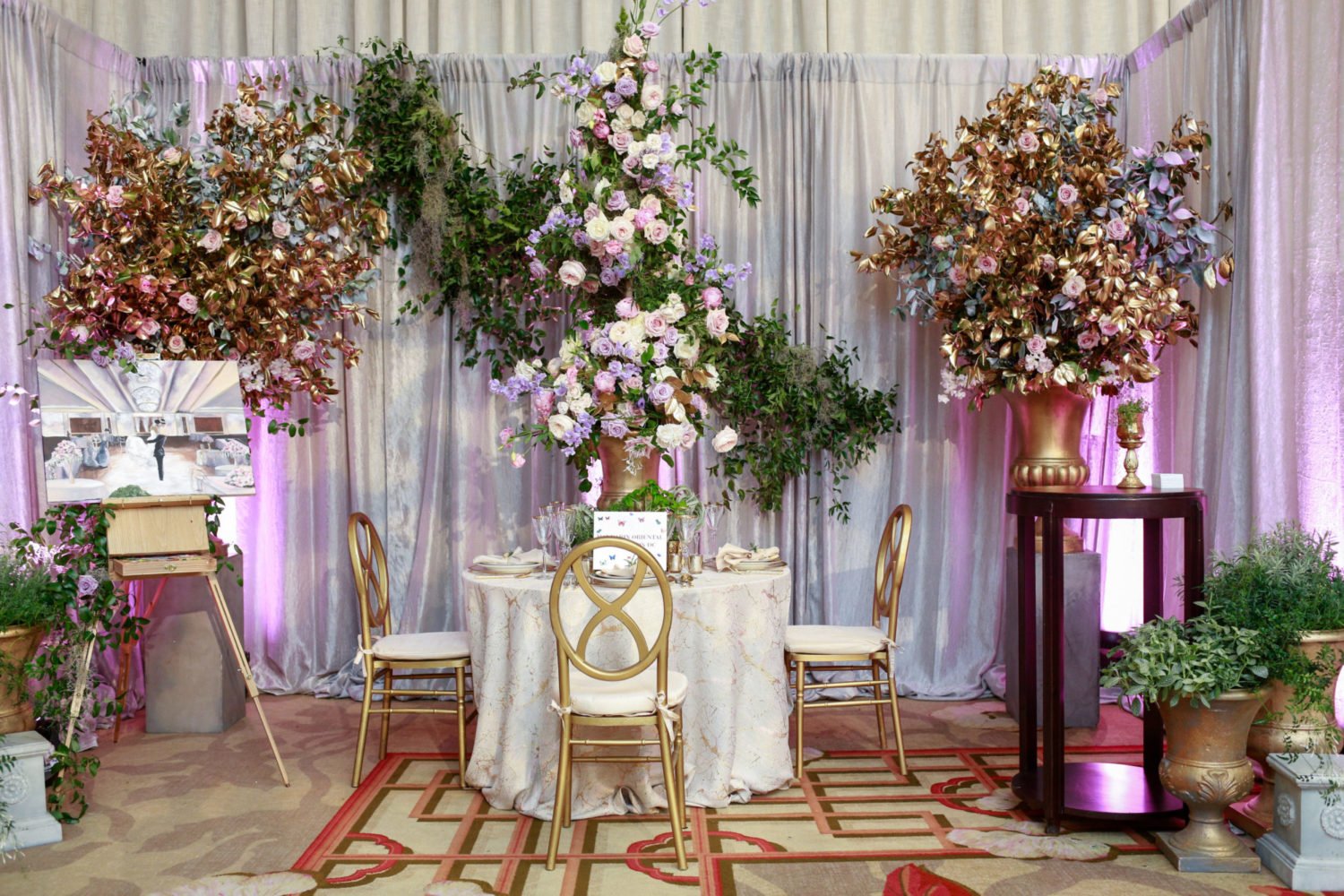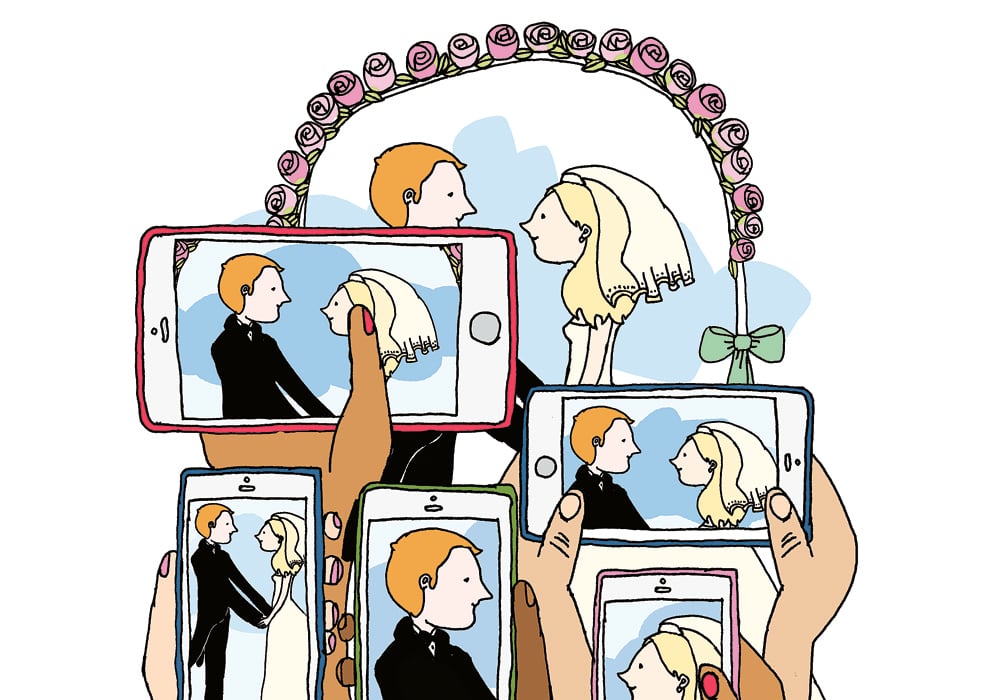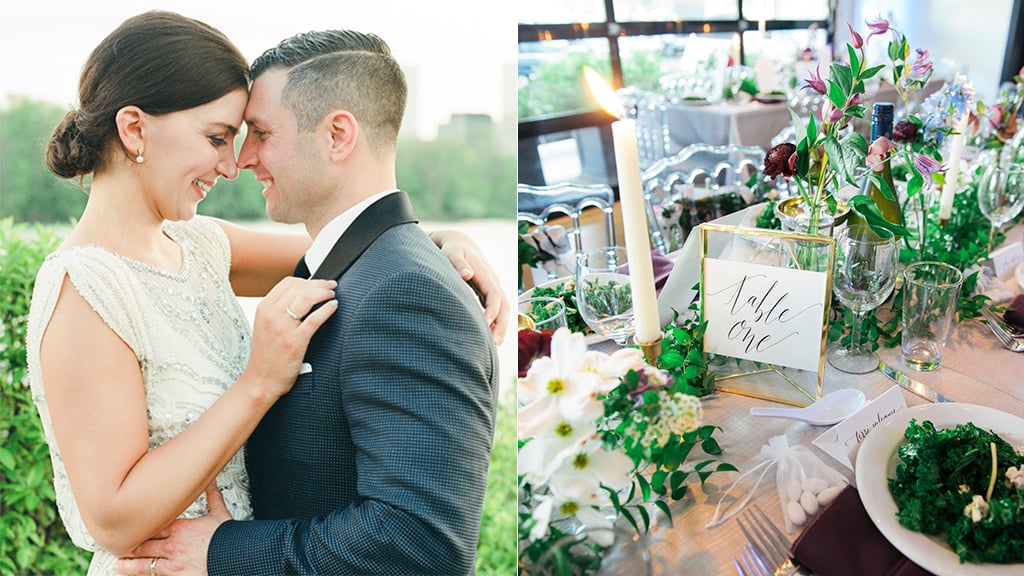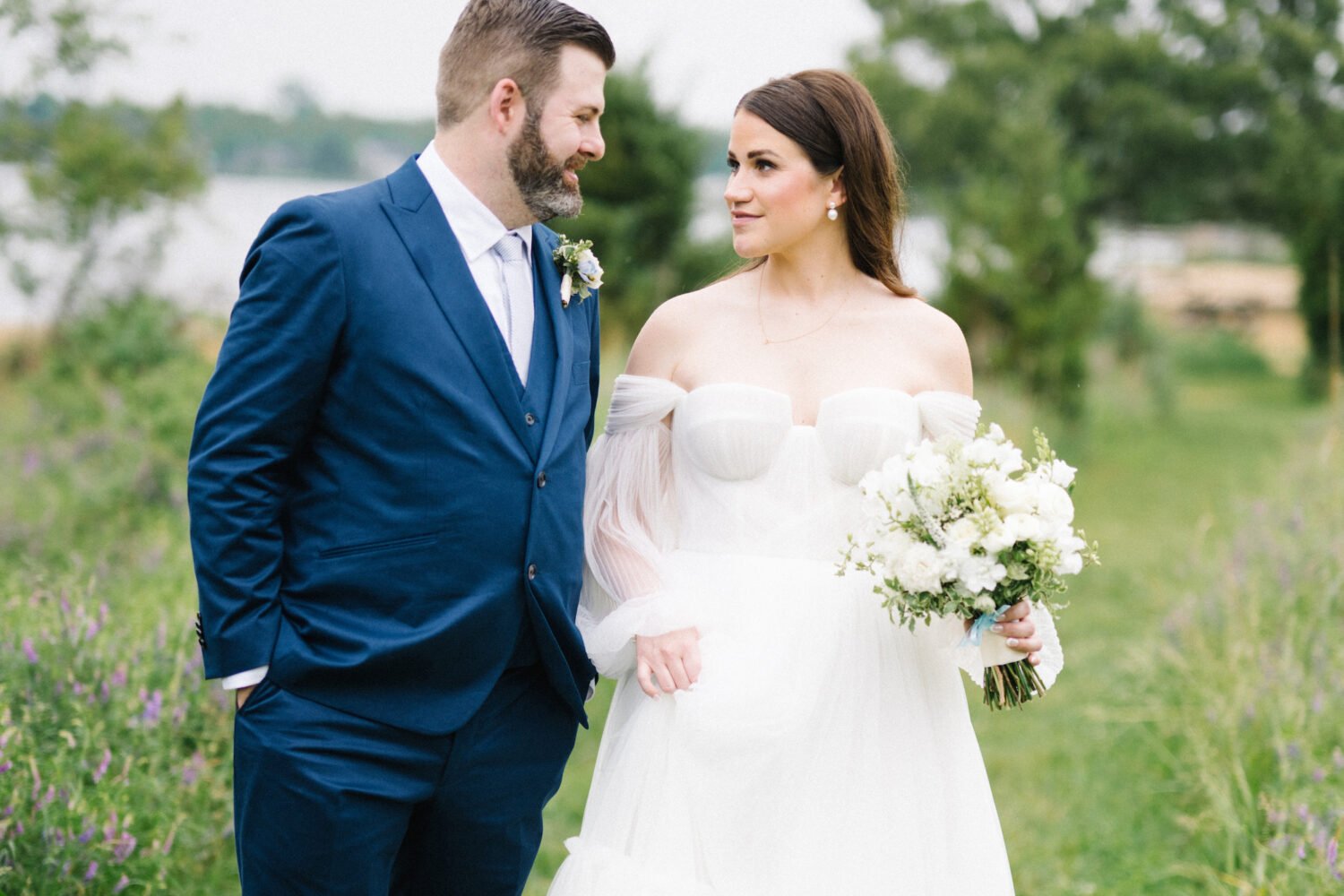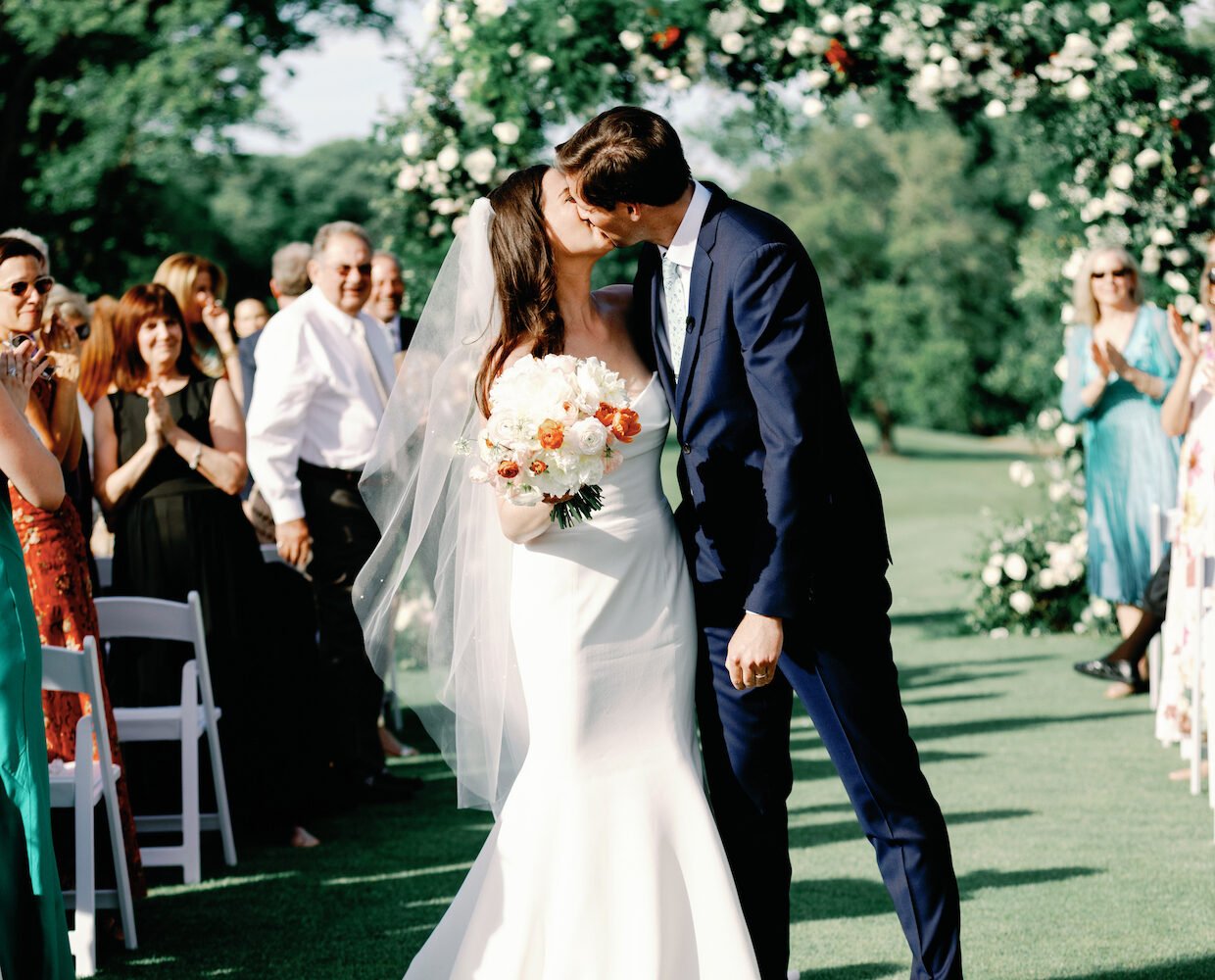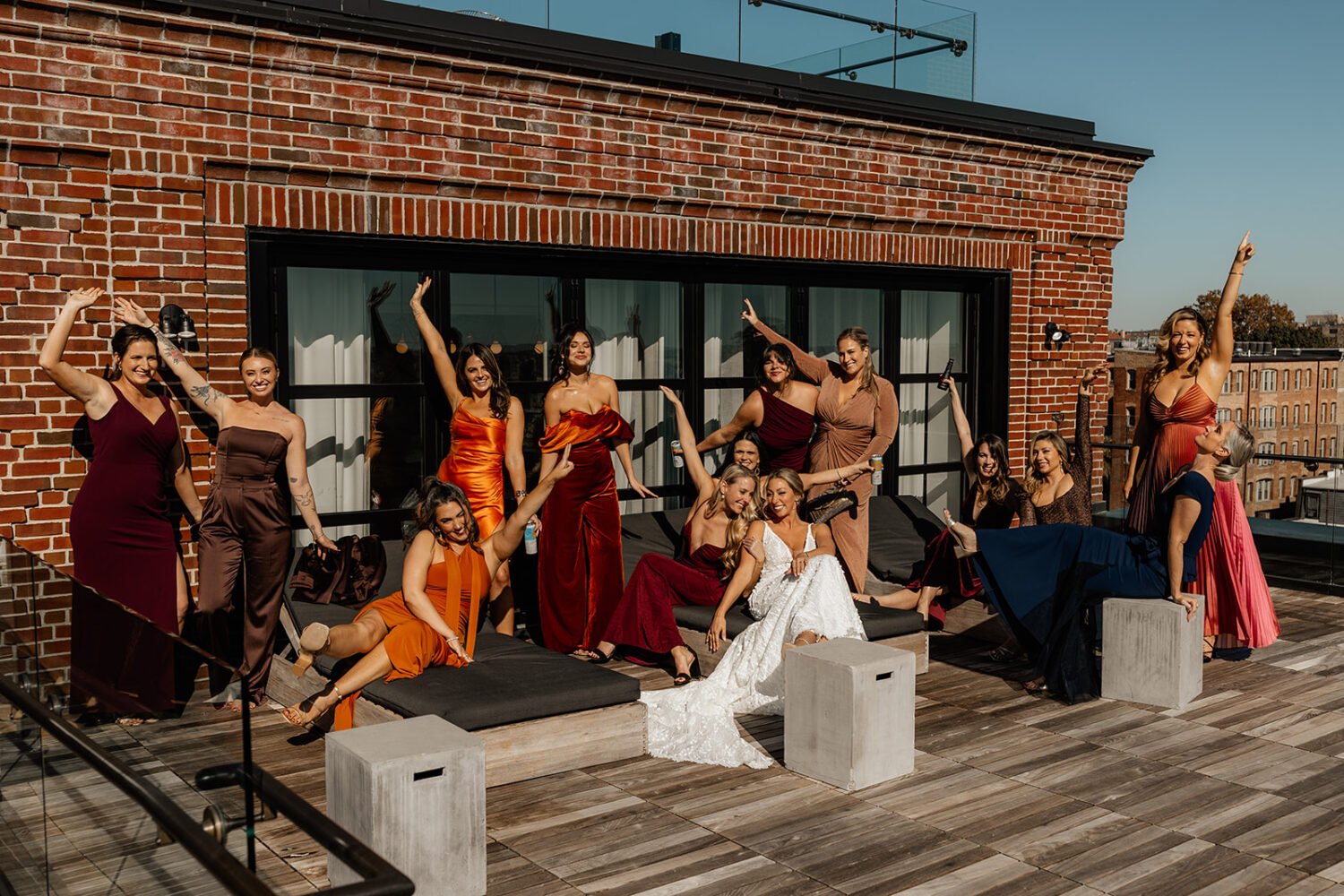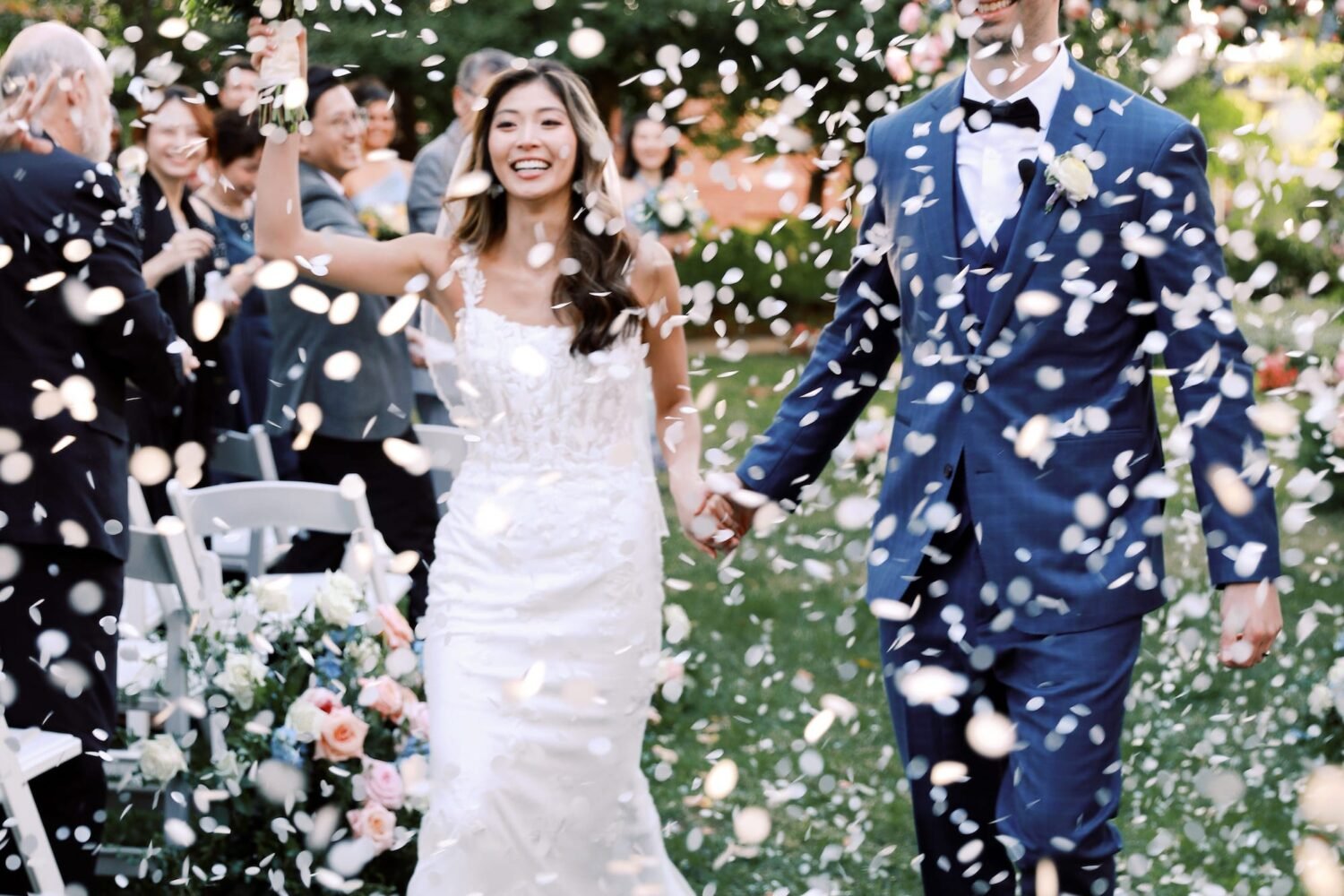Ever since I was a little girl, I’ve pictured my wedding in a church. I’d walk down the aisle with the scent of flowers and incense filling the air, organ music swelling, sunlight streaming in through stained glass.
In reality, though, a Catholic church wedding requires a surprising amount of unromantic documentation and paperwork before you reach the smiling priest at the end of the aisle. You must complete a prenuptial questionnaire, provide the Church with recently annotated copies of your baptismal certificates, have four witnesses declare that you’re free to marry, and finally, complete a marriage-preparation program.
There was never any doubt in either Randy’s or my mind that we wanted to be married in the Catholic Church, but we were skeptical about the idea of taking a class to prepare. And which program should we choose? The Engaged Encounter, which seemed like sleepaway camp for adults, compressing the whole program into one weekend? Or a longer program that met for a couple of hours once a week? We decided on the six-week program at Holy Trinity Catholic Church in Georgetown, where we’re both members.
On the evening of our first class, we arrived late and stressed out. The parking gods had failed us—not shocking in Georgetown—and when we got to the church we had no idea where to find our group. But we finally found the right room and were immediately put at ease. Our class was led by two adorable couples, both of whom had been married exactly 40 years. Besides us, the class consisted of about ten other couples, ranging in age from late twenties to early forties.
The first night, we introduced ourselves and talked about how we had met our partners and what we loved most about each other. It was sweet and surprisingly emotional to listen to each couple’s story and to share our own. My favorite people to listen to, though, were the veteran married couples leading our group. One woman confessed that the thing she loves most about her husband is his reliability: “It doesn’t sound very romantic, but after 40 years you would be surprised how comforting it is to have someone you can always depend on.”
By the time we left that night, I had changed my mind. Marriage prep wasn’t going to be so bad.
Over the next six weeks, we discussed everything from resolving arguments to managing money. We took a Myers-Briggs personality test and found the results enlightening. Randy, apparently, is an ENTP (extrovert, intuitive, thinking, perceiving), while I’m an ENFJ (extrovert, intuitive, feeling, judging). It was no shock to find that Randy, who can fix virtually anything and draws up and negotiates contracts every day at work, is a “thinker” type, while I, someone who has chosen to counsel students as a career, is a “feeler” type.
What we did find, however, was that the disagreements we have are totally predictable if we know our types. When Randy thinks he’s being logical, I think he’s being insensitive. While I make decisions based on how I feel, Randy just wants to consider the facts. Knowing this about ourselves is actually helpful in understanding each other and, we hope, avoiding arguments in the future.
We talked about how we’d celebrate holidays—which of our family traditions would we continue and which new traditions would we create? Our group leaders encouraged us to stop traveling to our parents’ homes for Thanksgiving and Christmas and consider staying home for holidays once we’re married. We rolled our eyes—neither of our families would be fans of that idea. But Frank, half of the adorably named couple Frank and Fran, told us to imagine we had come from two separate countries and that together we were forming a new country. “Sure,” Randy joked, “but we still have to have treaties with our old countries.”
In no time, it seemed, we had reached the end of our six weeks. There was no pomp and circumstance—just a pat on the back and a certificate, which we’ll need to present to the church as part of our marriage paperwork. Before we left our class that last evening, we had to fill out a survey that asked us our thoughts about the course. We took some time with the survey, reflecting on what we’d discussed and whether it had been valuable to us. At the bottom we were asked if we’d like to return to Holy Trinity to help facilitate the program after we’d be married for one year. We looked at each other and laughed. Were they kidding? The two of us leading a marriage-prep program? We don’t know the first thing about being married.
I remembered, then, something I had heard once. Years ago, men and women barely knew each other when they got engaged. Back in those days, an engagement was used less as a time to plan a wedding than as a time to get to know each other. In a way, that was what we’d been doing over the past six weeks. We didn’t cover any new ground per se—we had discussed things like children and finances in the past. But the class did give us the opportunity to take a step back and put some earnest thought into what it meant to prepare for a marriage.
We didn’t agree to return after our first anniversary and lead a class of engaged couples through the same process. But we didn’t say no, either. We told them to give us five years of practice—then give us a call.
More>> Bridal Party Blog | Wedding Guide | Wedding Vendor Search


